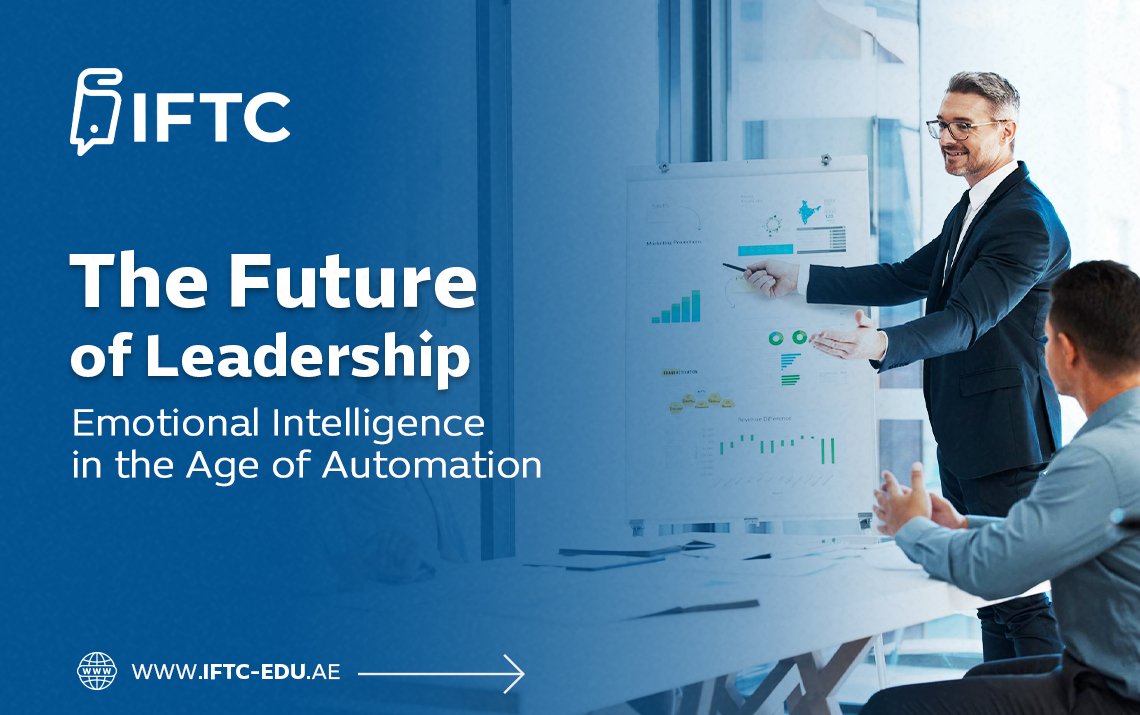
The Future of Leadership: Emotional Intelligence in the Age of Automation
Introduction: Leadership in a Machine-Driven World
The 21st century is defined by automation, artificial intelligence (AI), and digital transformation. Machines can now calculate, predict, and optimize with levels of efficiency that outpace humans. Yet, despite these advances, one truth remains: technology cannot replace human empathy, trust, or inspiration.
This reality has shifted the focus of leadership. Once defined by authority and decision-making power, leadership is now increasingly measured by emotional intelligence (EI)—the ability to understand, regulate, and leverage emotions for better outcomes. In the age of automation, EI has become not just a “soft skill” but a core leadership competency that shapes organizational success.
What Is Emotional Intelligence?
Emotional intelligence, popularized by Daniel Goleman, consists of five interconnected elements:
- Self-Awareness – Recognizing one’s emotions and their effect on behavior.
- Self-Regulation – Managing disruptive impulses, maintaining integrity under stress.
- Motivation – Pursuing goals with resilience and passion.
- Empathy – Understanding the emotions and perspectives of others.
- Social Skills – Building networks, resolving conflicts, and inspiring cooperation.
These competencies are vital in environments where leaders must balance technological change with human impact.
Why Emotional Intelligence Matters More Than Ever
- Navigating Uncertainty
Automation disrupts jobs, workflows, and industries. Leaders with high EI help teams manage anxiety and see change as opportunity, not threat. - Human Differentiation
Machines excel at data and logic, but only humans can build trust, inspire loyalty, and resolve conflicts with empathy. - Driving Engagement
Studies show employees led by emotionally intelligent managers are more engaged, productive, and innovative. - Leading Hybrid Workforces
With remote and hybrid work models, leaders must use EI to foster connection and belonging across digital barriers. - Customer-Centricity
Businesses are shifting from products to experiences. Understanding customer emotions is central to designing those experiences.
EI as a Competitive Advantage
Companies that prioritize emotionally intelligent leadership see tangible results:
- Higher retention: Employees are less likely to quit when they feel understood and valued.
- Increased innovation: Psychological safety encourages employees to propose bold ideas.
- Better performance: Teams led with empathy are more collaborative and resilient.
- Diversity and inclusion: EI fosters environments where diverse voices are heard and respected.
Case Studies
- Satya Nadella (Microsoft)
Transformed Microsoft’s culture by encouraging empathy, collaboration, and growth mindset. Result: record-breaking innovation and revenue growth.
- Arne Sorenson (Marriott Hotels)
During crises, he connected with employees through compassion, reinforcing loyalty and trust.
- Jacinda Ardern (New Zealand PM)
Globally recognized for empathetic leadership during national tragedies, proving that EI is powerful in governance as well as business.
Developing Emotional Intelligence in Leaders
- Self-Reflection Practices
Encourage journaling, feedback loops, and mindfulness to enhance self-awareness. - Training and Coaching
Leadership development programs can include role-playing, emotional regulation techniques, and empathy-building exercises. - 360-Degree Feedback
Collecting feedback from peers, subordinates, and superiors helps leaders see blind spots. - Mentorship and Sponsorship
Pairing emerging leaders with mentors encourages relational learning. - Use of Technology
AI-driven sentiment analysis tools provide feedback on leaders’ communication tone, while VR training can simulate high-stress emotional scenarios.
Challenges in Building EI
- Cultural Barriers: In some cultures, emotions in leadership are undervalued, seen as weakness.
- Time Pressures: Fast-paced environments discourage reflection and emotional awareness.
- Resistance to Change: Some leaders cling to traditional “command-and-control” styles.
- Overemphasis on Technology: Organizations risk neglecting EI by focusing only on technical upskilling.
The Future: Automation + Human Touch
The most successful leaders of tomorrow will combine technical competence with emotional intelligence. While machines analyze data and automate workflows, leaders will use EI to:
- Inspire teams to adapt to technological disruption.
- Build ethical frameworks for AI use.
- Drive diversity and inclusion in digitally transformed workplaces.
- Strengthen trust between organizations and society.
Conclusion: Leadership as Human Connection
Automation may redefine industries, but leadership is fundamentally about people, purpose, and empathy. Emotional intelligence ensures leaders remain uniquely human in an age dominated by machines.
The future belongs not to leaders who out-think machines, but to those who out-feel them—leaders who can balance efficiency with empathy, data with trust, and technology with humanity.



